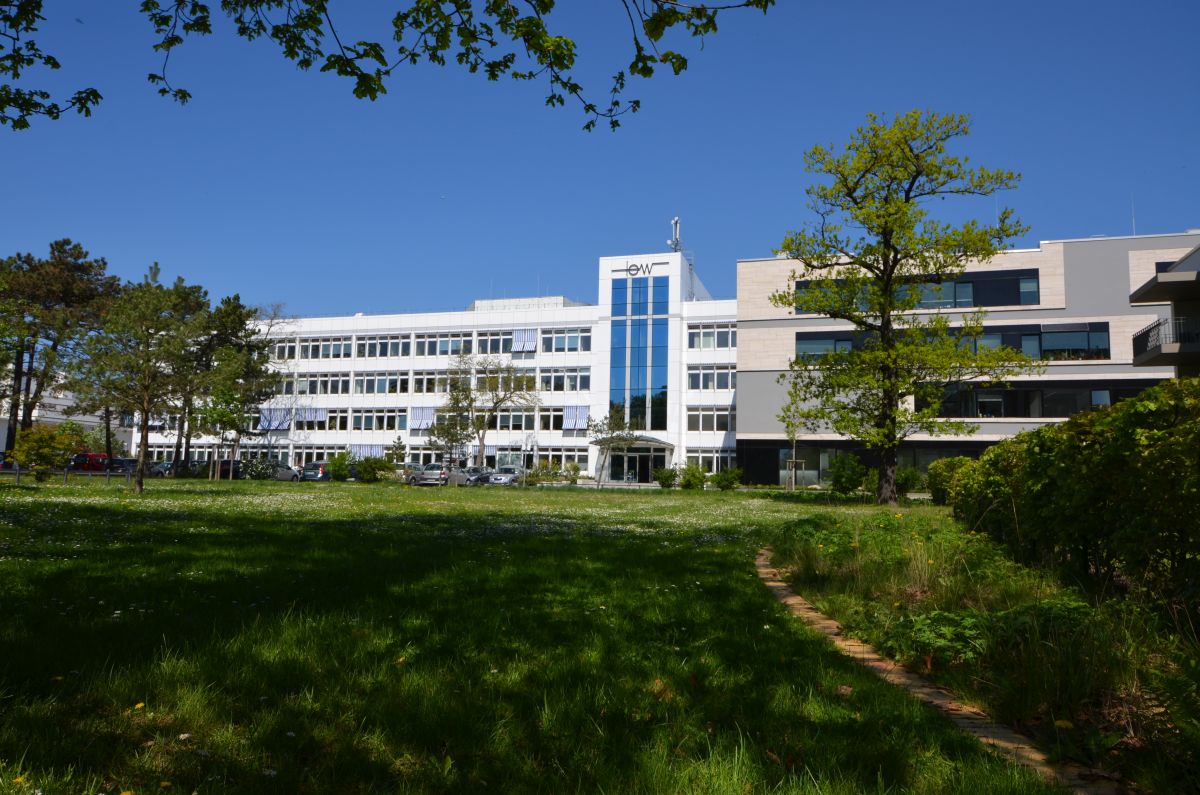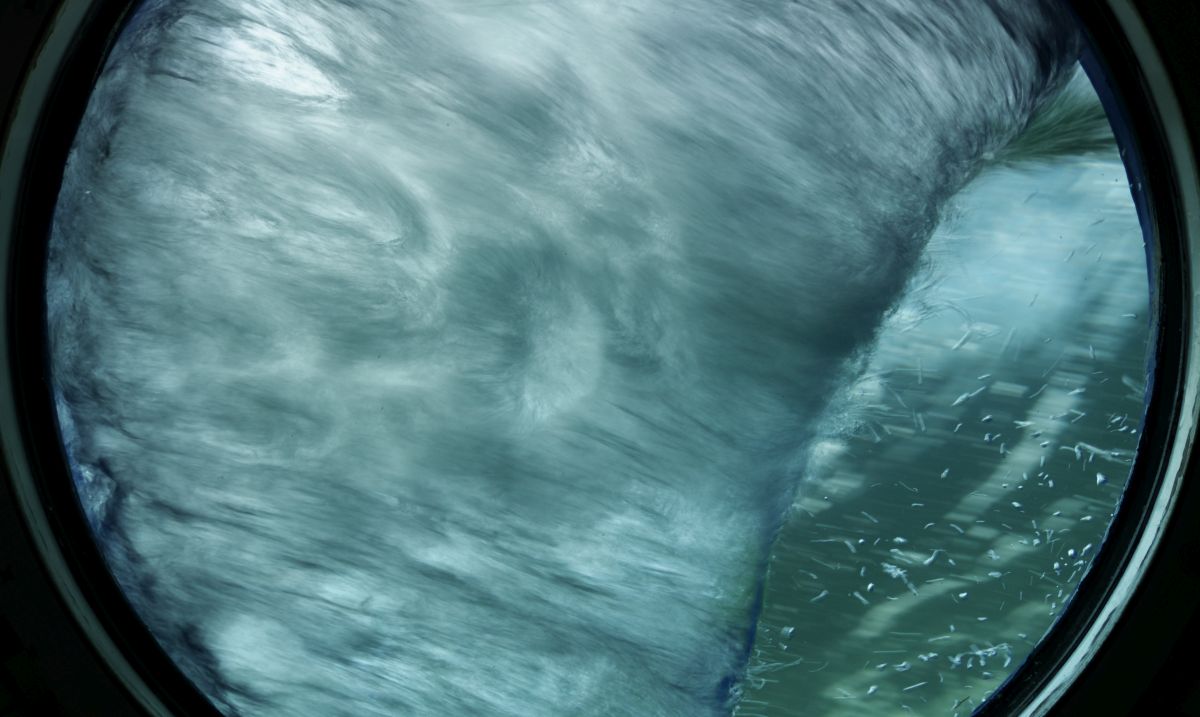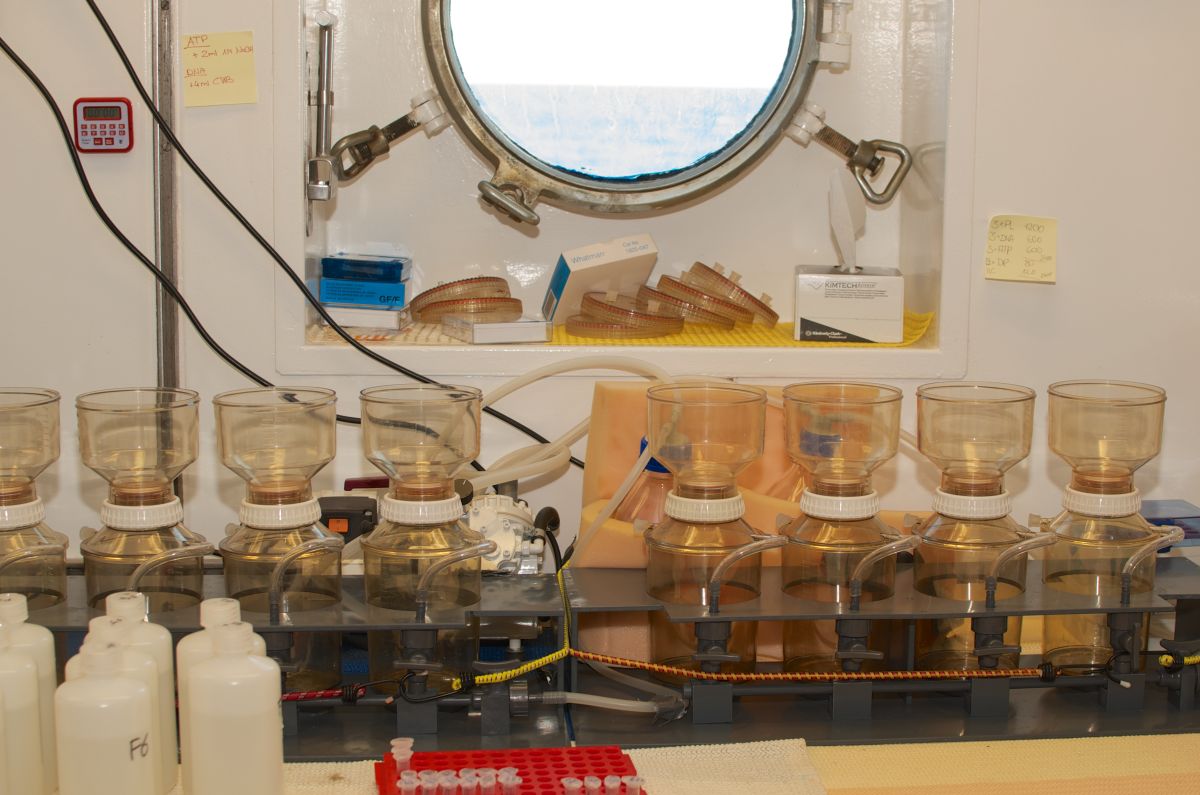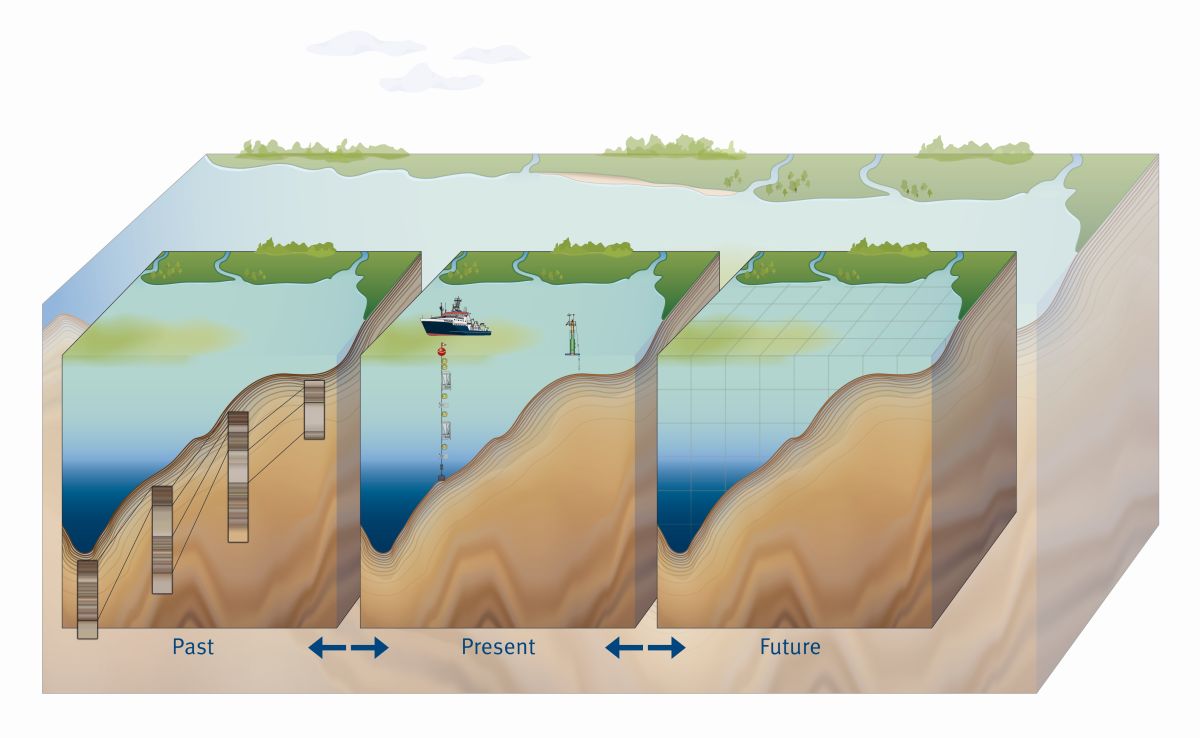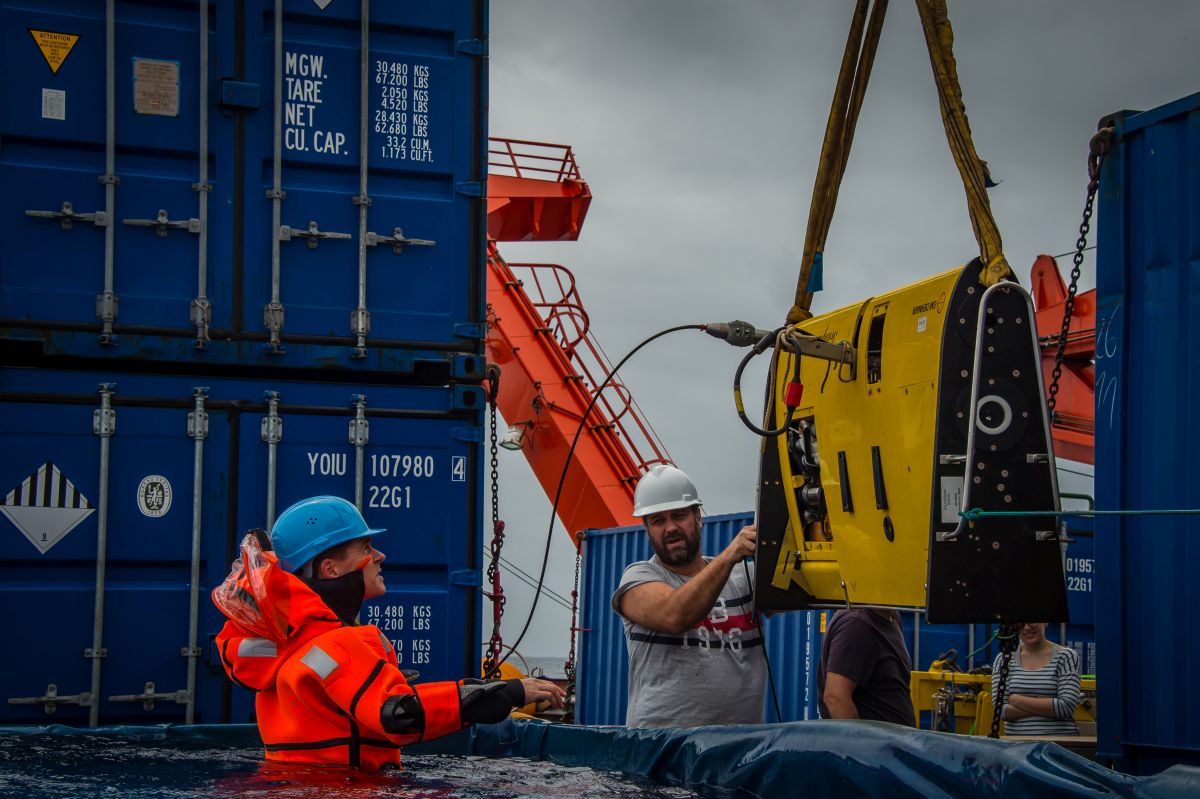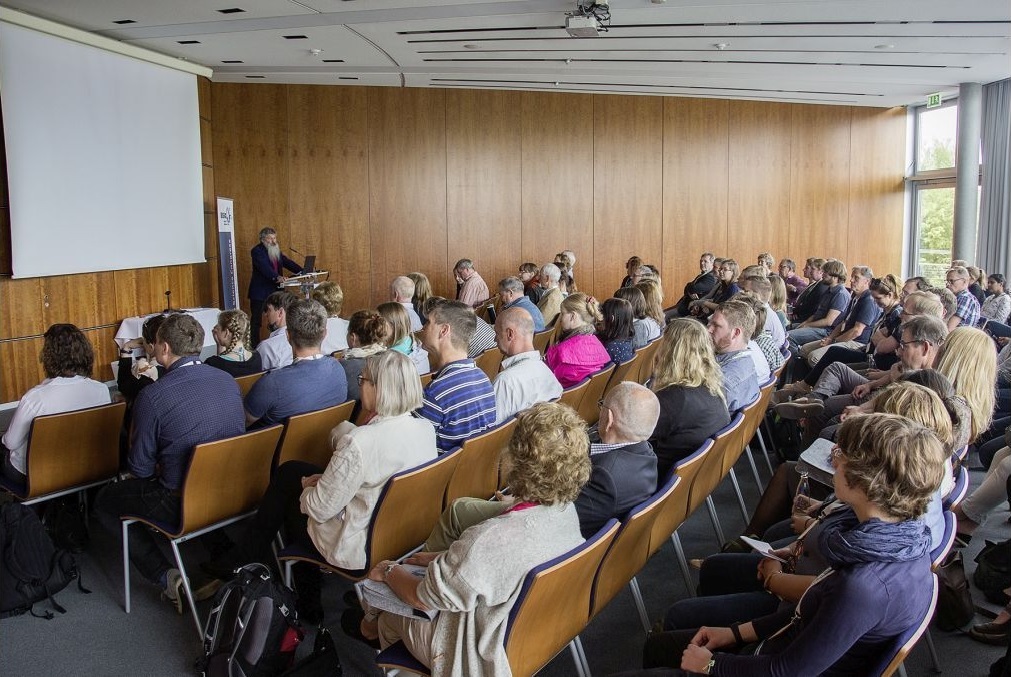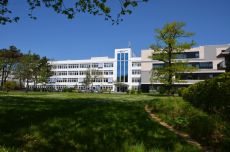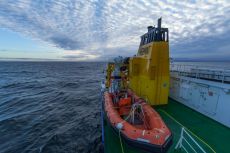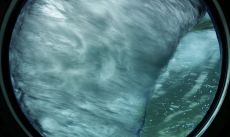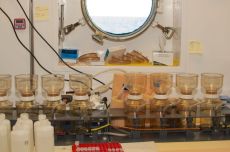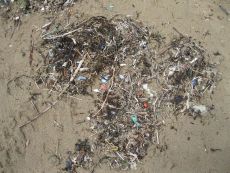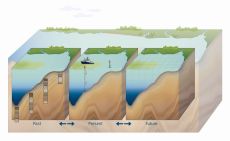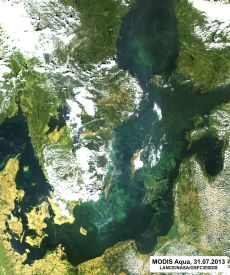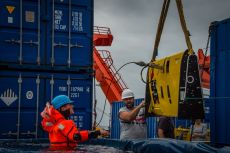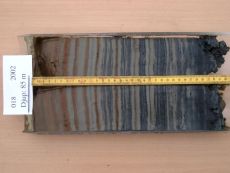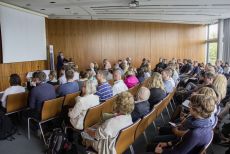The IOW mission statement
Who are we?
- The IOW is a non-university research institution. It explores the ecosystems of coastal and marginal seas with a focus on the Baltic Sea - one of the largest brackish seas on earth.
- The four departments Physical Oceanography, Marine Chemistry, Biological Oceanography and Marine Geology represent the basic disciplines of oceanography at the IOW. Aspects of marine management are also taken into account.
- With strong units, we provide a diverse infrastructure for research.
What drives us?
- We are driven by scientific curiosity to recognize the laws according to which the coastal seas function. Where open questions reveal gaps in our understanding, we are motivated to develop solutions.
- We are passionate about the sea. With the Baltic Sea before our eyes, we become aware every day of the secrets, vulnerability and power of the seas.
- We are united by our responsibility for the environment and the climate, for life in the sea and for the people who live by and from the sea. We want to provide data and knowledge to ensure the sustainable coexistence of man and sea.
go top
What are we working on?
- We are exploring the key processes that govern ecosystems in coastal and marginal seas and analysing the impact of differences / gradients in environmental parameters has on communities.
- We integrate our insights in interdisciplinary cooperation into an overall picture of the Baltic Sea system, in which atmosphere, hydrosphere, lithosphere and biosphere interact with each other.
- We investigate the changes of this system in space and time on a scale from decades to millennia and investigate possible causes. We investigate the human influence and its consequences.
- We pass on our knowledge and findings to the next generation of marine researchers by participating in university teaching.
- We are constantly further developing the marine research technology we use and creating new solutions where conventional technologies reach their limits.
go top
What are our goals?
- Our work aims at a comprehensive understanding of the complex interrelationships in the coastal seas.
- On the basis of excellent scientific foundations, we aim to be able to identify the consequences of climate change and the use of coastal seas by humans at an early stage and, if possible, to predict them.
- With the technology we have developed, we want to design our measurement and sampling campaigns effectively and comprehensively in order to successively reduce the chronic observation gaps in the vastness of the oceans.
- We want to make the best possible scientific findings available to society, politics and industry for decisions that enable sustainable use of the coastal seas.
- We share new knowledge about the state of the marine environment with the society and make it aware of each individual's responsibility to protect the oceans.
- We want to enable a new generation of marine researchers with an outstanding and versatile education to tackle the problems of the future with creativity and expertise.
go top
How do we work in our research?
- We go to sea to measure, observe or take samples. Analyses and experiments take us further in laboratories. We use powerful computers to model basic processes and simulate changes.
- We work on an interdisciplinary basis to answer complex questions about the ecosystem. We summarize our ideas about the focal points of our work in a jointly coordinated, long-term research program.
- We cooperate across borders - in national and international consortia with marine science institutions of all Baltic Sea countries and worldwide.
- In the field of applied research we work in close exchange with authorities and organisations related to environmental protection in order to incorporate our results into decision-making processes and, conversely, to incorporate practical needs into new research approaches.
- We support scientific exchange by hosting conferences and workshops and by promoting mutual guest stays.
- We work according to the rules of good scientific practice. This includes documenting the pathway to our insights, processing all data and results in a verifiable manner, and feeling responsible for our publications.
- We are aware that our work also consumes resources and leaves its footprint on nature. That is why we strive to act in an environmentally friendly and sustainable manner.
go top
How do we work together?
- We see ourselves as a community that works cooperatively on its goals, each one in his/her specific function and according to his/her abilities.
- We see it as our duty to maintain a trusting and respectful relationship with one another and to respect justice in our conduct. This includes that we perceive and appreciate the achievements of each individual.
- We strive to communicate openly with one another in the creative process and to perceive the concerns and successes of others beyond the boundaries of departments, projects groups or categories of employees.
- We strive for gender equality and oppose any discrimination in the workplace.
- We also strive to respect the family situation of each and every one of us.
- We strive for diversity and mutual tolerance at all levels. We act in accordance with transparent rules and guidelines.
- To work according to the state of the art is of great importance to us, therefore we use and promote further training in all areas.
- The working environment at the IOW is characterised by a wide range of measures for occupational safety and health promotion.
go top

